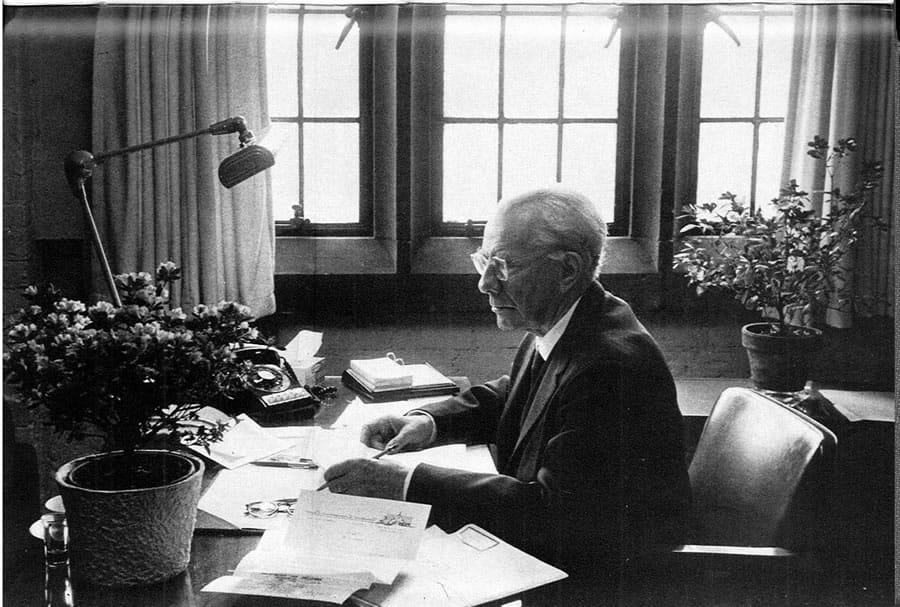
Paul Tillich Essay
Paul Tillich, German philosopher and theologian of the XX century, considered the importance of religious symbols and their profound effect on people. Tillich made a difference between signs and symbols. Both signs and symbols have a certain meaning; however, a sign does not participate in what it symbolizes, while a symbol shares the power of the concept which it symbolizes and actively shapes the perception of human beings.
Tilliach believed that God is not bound by the physical world, and that the very essence of God is beyond existence. Thus, according to his logic, using any statements about God other than describing the God as being himself are using symbolic language. Tillich believed that the language of faith operates symbols, and that these symbols participate in the formation of faith (contrary to signs). For example, the sole function of a road sign is to carry some message or rule to the drivers. A Christian symbol – the cross – does not only symbolize Christianity, but also reminds about God’s sacrifice and future salvation of human beings. According to Tillich, religious language is based on symbols and thus has a powerful effect on the perception of people; moreover, all religious language is in fact symbolic.
Tillich has developed a very deep and existential understanding of faith and symbolism. His major precondition – that God exists in transcendent reality – perfectly correlates with my personal beliefs. However, the idea of symbols participating in the development of faith seems an overestimation to me. Every person, in own existential reality, might either attach great importance to symbols, or simply accept them as signs belonging to certain faith or trend. For a certain group of people, symbols can really have a profound effect, but it is not justified to state that this effect exists for all people. Rather, religious language is symbolic for everyone, but the perception of these symbols as symbols in Tillich’s concept can be varied.

